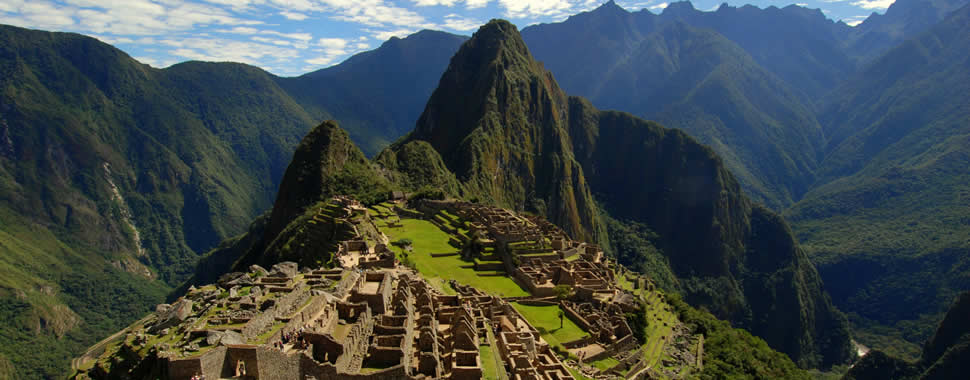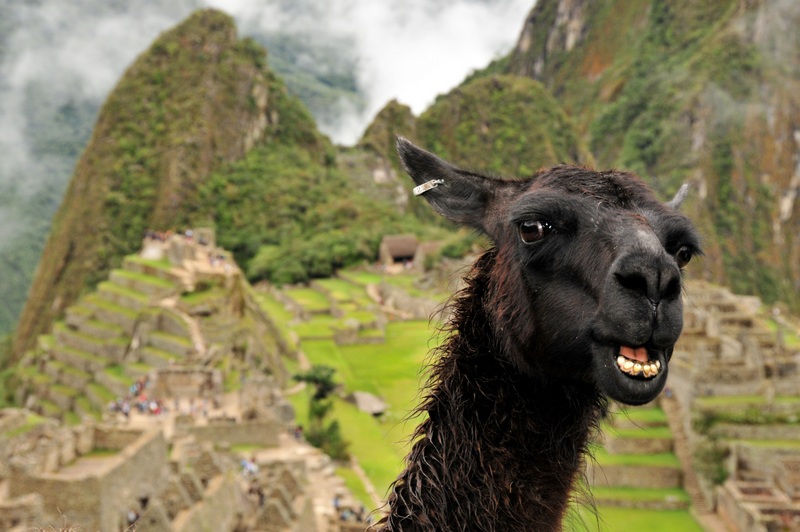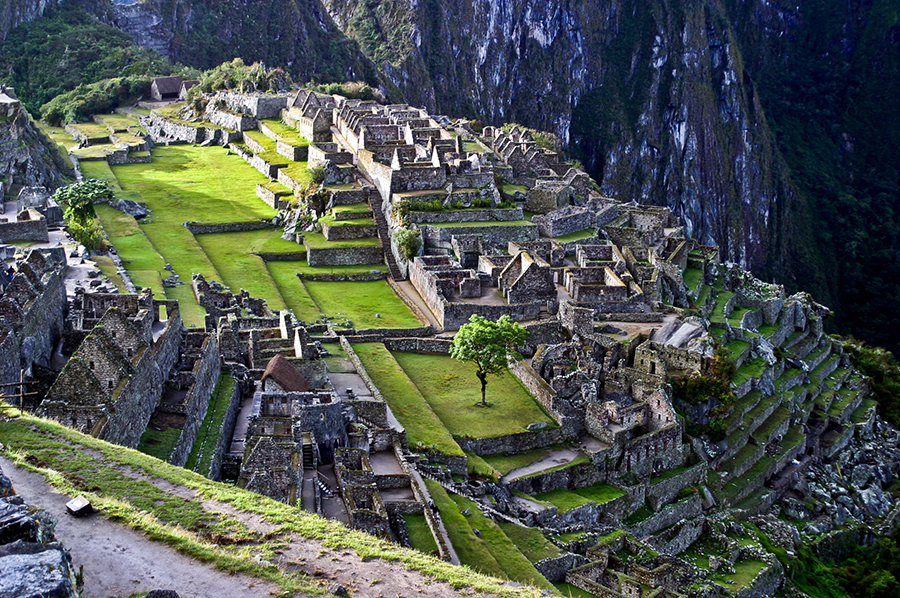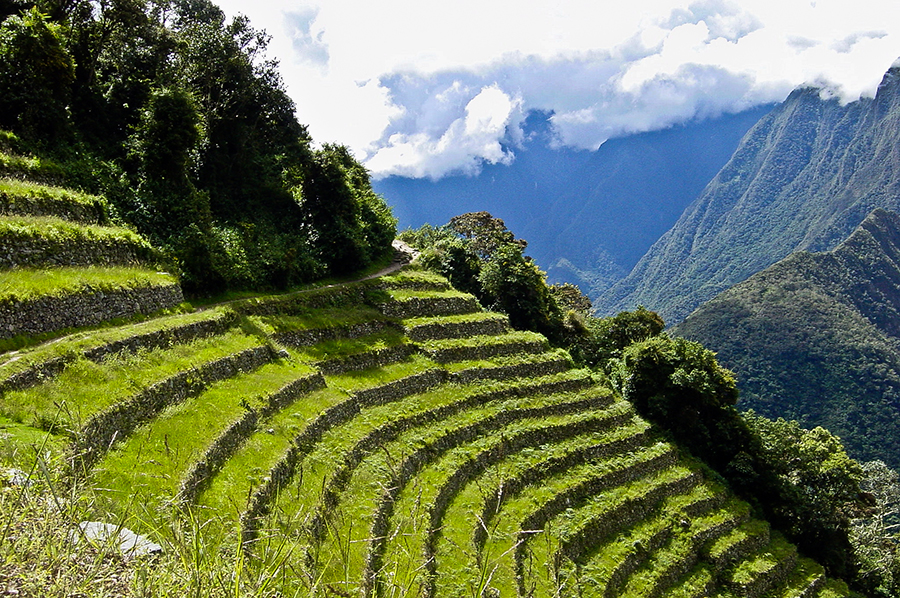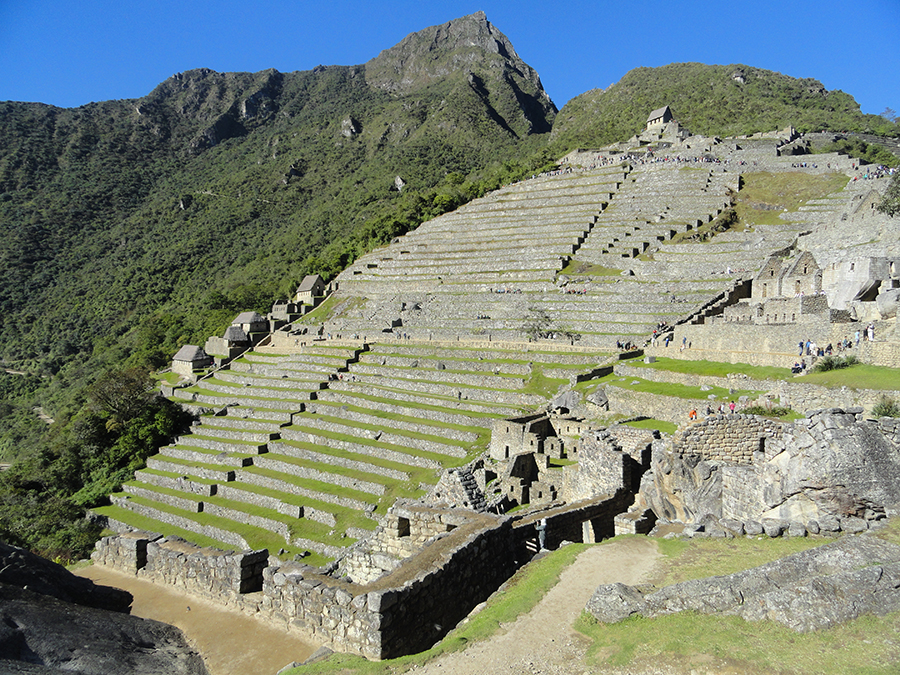Machu Picchu is the most-visited attraction in Peru and one of the top destinations to visit in the world. Unsurprisingly, as a result it attracts crowds of camera-toting tourist all vying for the best vantage points to capture their postcard-worthy photos. Though you’ll never have the site entirely to yourself, there are some straightforward steps you can take to avoid feeling like you’re stuck trailing a tour group, to avoid the crowds at Machu Picchu and to appreciate the tranquility and wonder of this UNESCO World Heritage site during your Machu Picchu luxury travel adventure.
Tips on How to Avoid The Crowds at Machu Picchu
Timing: The Best time to visit Machu Picchu
Timing is key to avoiding the crowds as much as possible at Machu Picchu–ensure you allow a few hours to visit the site without rushing. Whilst day trips are technically possible to and from Cusco or the Sacred Valley, they’re best avoided. The preferable approach to planning Machu Picchu luxury trips is to visit over two days, spending a night at Aguas Calientes.
Morning and Afternoon Visiting Slots
As of 2017, visitors to Machu Picchu must visit in either the morning or afternoon timed slots (you can visit in both if you buy two tickets, one for the morning and one for the afternoon).
Taking a morning train to Machu Picchu on your first day will have you arrive when the tour groups are starting to disperse, as they all tend to arrive first thing in the morning. By mid-afternoon, many large groups and day-trippers have already left. The last bus back down to Aguas Calientes leaves at 5.30pm. The following day you can head up again for sunrise–before the day visitors arrive on the first train. Afterwards, you can continue exploring the parts that you didn’t visit the day before.The added benefit to visiting twice over two days also allows for varied weather conditions, while early morning and late afternoon provide more optimum light for photography.
Expert guiding to Machu Picchu
While you may be visiting Machu Picchu only once in your life, some of the best guides may have already visited hundreds of times. Don’t underestimate the value of expert guiding in Peru. They’re in tune with the flow of groups and can help you skirt them, reaching that picture-perfect spot at the exact right moment. Enriching your experience with the historical overview of the site, have your guide lead you on your first day’s visit, then optionally head off to explore by yourself on the second day.
Machu Picchu Hikes
The Inca trail to Machu Picchu avoids taking the train or bus entirely. But even if you don’t take a trek to Machu Picchu there are opportunities within the archaeological complex itself to stretch your legs if you’re feeling adventurous and see more than the core central ruins. It may require a touch more exertion, but the benefit is that fewer take the time to do so. Trails include the Sun Gate and the Inca drawbridge. The short walk to the bridge can be a nice way to escape the throngs of tourists because fewer people stray away from the center of the citadel.
There are also two more substantial add-on treks to Machu Picchu: Huayna Picchu and the far lesser-known Machu Picchu Mountain. For both, it is mandatory to purchase tickets ahead of time and they tend to sell out months in advance for Huayna Picchu. The quieter alternative is Machu Picchu mountain. This more strenuous trek leads you to the peak of the mountain where, weather willing, you are afforded a beautiful panoramic view. However there is an element of ‘risk’ as rain is common, so even during the dry season you may find you have hiked up into a gray cloud. Regardless, this is a fun and adventurous option to separate yourself from the busy former Inca city and walk up over large stone steps and through lush greenery to the top of the mountain.
Another walk that is possible, but not that noteworthy, is walking from the foot of Machu Picchu in Aguas Calientes up to the ticket office. To get to Machu Picchu from Cusco, almost 100% of visitors take a bus up to the citadel of Machu Picchu. Hiking up avoids any wait for the bus and sitting with a group of fellow visitors–but you need to be fit for the steep incline and accept you might still cross paths with the bus on the way up!
When to Visit Machu Picchu
Along with timing, weather definitely needs to be taken into consideration. Rainy season is December through April and dry season May through November. The most rainfall occurs in February and March, and in February the Inca Trail is closed for the month. If you’re not planning on trekking, February could be a good time to visit, despite the rain, because of the lack of tourists. The most popular months to visit Machu Picchu are June through August and December because of the holidays. An ideal time of the year to visit with fewer fellow tourists is April, May or September through November. Keep in mind that rain is common all year round and mosquitos can be especially prevalent during the dry season, so bringing insect repellent is recommended.
Departure times depend on whether or not you have included one of the aforementioned extra treks in your Machu Picchu visit and personal preference as to the duration of your visit. If you take an early afternoon train from Aguas Calientes to Ollantaytambo, between 1 and 4pm, planning to continue on to Cusco rather than staying in the Sacred Valley, you won’t arrive too late at night in Cusco. However, the Sacred Valley is incredibly beautiful and well-worth spending a few days. There are many outdoor activities and photogenic landscapes to enjoy if you decide to explore outside the city of Cusco rather than only making the mandatory Machu Picchu stop and returning straight to the city.
With these handy tips on how to avoid the crowds at Machu Picchu, you can masterfully avoid the crowds and that feeling of being herded around like a tourist, and snap many memorable shots of the lost city of the Incas while you’re at it.
Visit Machu Picchu with Aracari
Aracari specializes in private, tailormade trips to Peru. Contact us for more information on how to visit Machu Picchu and to plan a bespoke trip to Peru.

